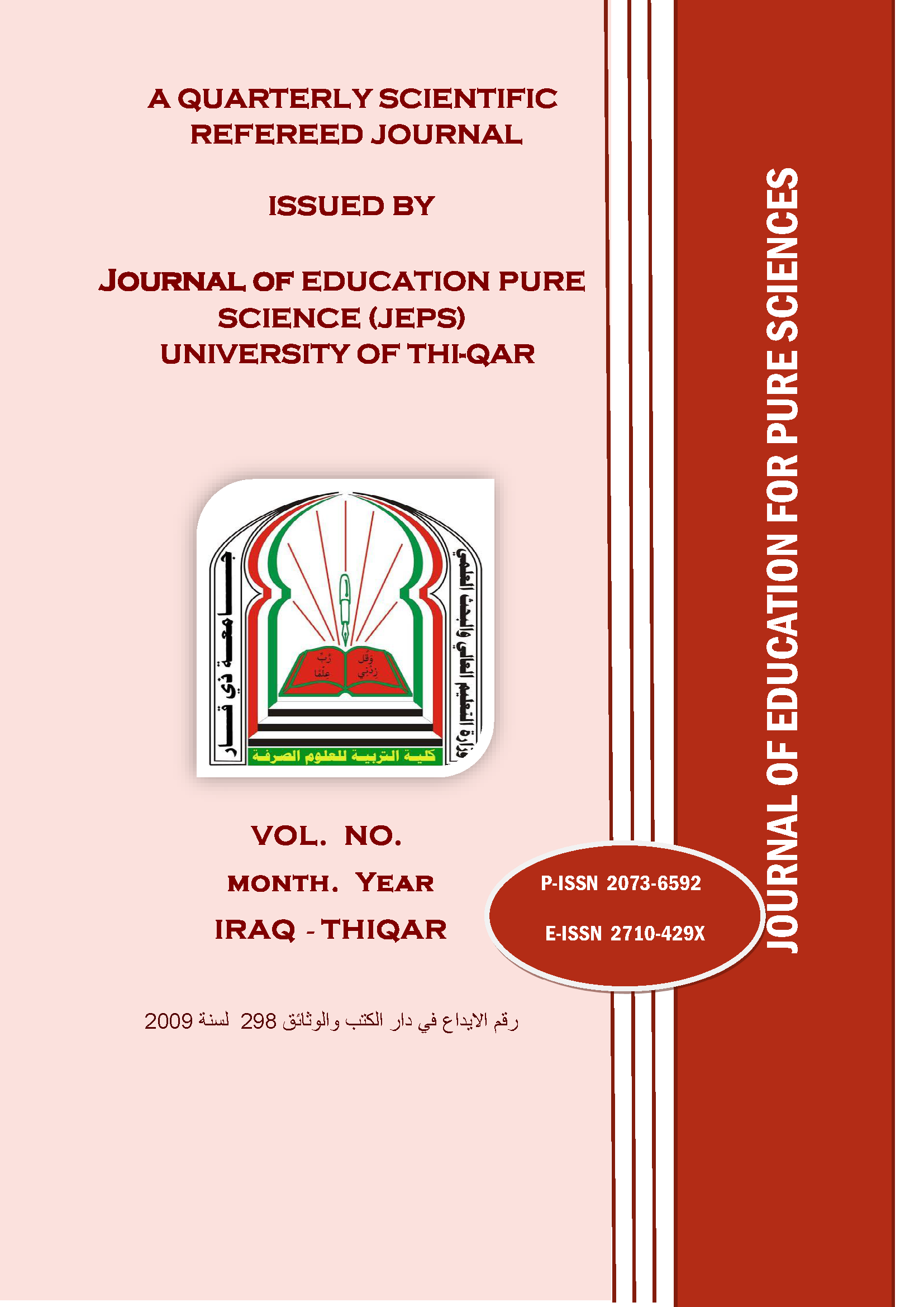Affective Approach for Routing Attack Detection for Ad- hoc Mobile Networks Based on Trust Model
DOI:
https://doi.org/10.32792/jeps.v13i3.327Abstract
The mobile adhoc network is highly dependent on the energy parameter of the mobile
nodes, it suffers from different threats wich target the service performance of thed network. The
packets transferred through intermediate nodes are subject to attack and the routing informationhas
become a subject for malicious threats. In this paper a trust model is presented based on the
computation of different parameters to improve the performance of intrusion detection in mobile
adhoc network. The trust model computes the direct trust between different agents. Similarly the
method computes the indirect trust which is propagated by the direct trust which is computed
between third party. The method monitors the network and stores the logs about the data packet being
forwarded. At each time when a node has a packet it performs neighbor discovery and route
discovery. Then for each route the method compute the trust weight and each intermediate node has
been verified for its location factor. Based on trust weight computed the method selects an efficient
forwarding neighbor to send the data packet.Finally the method computes the recommendation trust
between different agents to perform intrusion detection. Using all these measures the method
performs intrusion detection on the mobile adhoc network.
Downloads
Published
Issue
Section
License
Copyright (c) 2023 Journal of Education for Pure Science- University of Thi-Qar

This work is licensed under a Creative Commons Attribution-NonCommercial-NoDerivatives 4.0 International License.
The Authors understand that, the copyright of the articles shall be assigned to Journal of education for Pure Science (JEPS), University of Thi-Qar as publisher of the journal.
Copyright encompasses exclusive rights to reproduce and deliver the article in all form and media, including reprints, photographs, microfilms and any other similar reproductions, as well as translations. The reproduction of any part of this journal, its storage in databases and its transmission by any form or media, such as electronic, electrostatic and mechanical copies, photocopies, recordings, magnetic media, etc. , will be allowed only with a written permission from Journal of education for Pure Science (JEPS), University of Thi-Qar.
Journal of education for Pure Science (JEPS), University of Thi-Qar, the Editors and the Advisory International Editorial Board make every effort to ensure that no wrong or misleading data, opinions or statements be published in the journal. In any way, the contents of the articles and advertisements published in the Journal of education for Pure Science (JEPS), University of Thi-Qar are sole and exclusive responsibility of their respective authors and advertisers.





